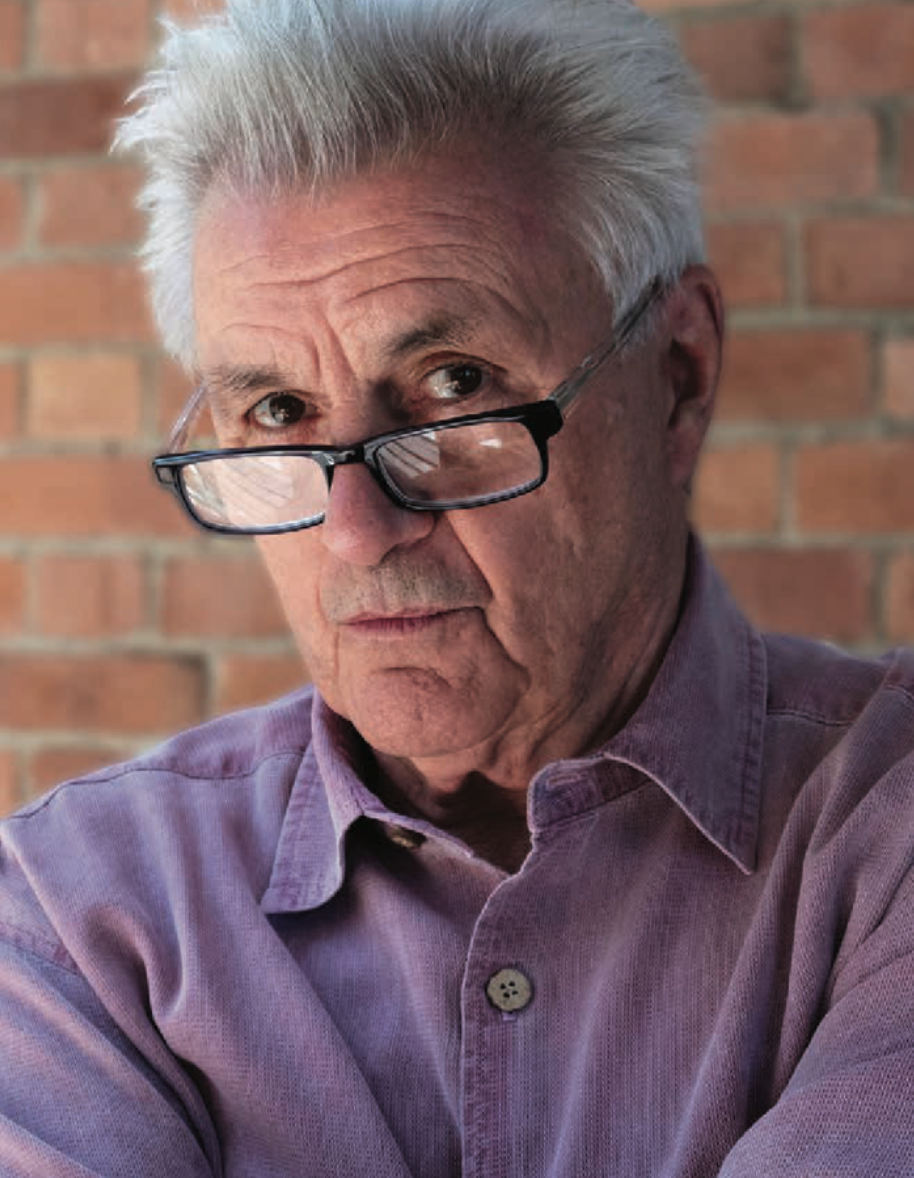Olev Edur answers your questions about your rights, personal finance, and estate planning
Can you tell me the difference between an executor and a power of attorney? What qualifications do they need?
An executor is someone you designate to execute the terms of your will. While no particular qualifications are required, the person(s) you choose should have some understanding of financial matters. And it helps if executors have some familiarity with the intentions of the deceased as well of the family dynamics involved. As a result, some people appoint two executors—a professional to handle the finances and a friend or relative to handle the personal side of things.
The duties of an executor can be wide-ranging and substantial—putting the will into probate; locating, assembling, and protecting all the estate assets; identifying and paying all estate liabilities, including income and other taxes; arranging for asset sales as necessary to pay those liabilities; making distributions to beneficiaries as required by the will; and so on—so it’s important that the person(s) chosen be willing as well as capable. And they should be asked beforehand, to ensure that they’re up to the task.
You don’t necessarily need to employ a lawyer to appoint an executor, but legal advice may be helpful in making your choice and drafting any guidance documents. And you should appoint a backup executor(s) in case your first choice(s) proves unable or unwilling to step into the role.
Powers of attorney are legal documents conferring upon someone the right to look after your finances (powers of attorney for financial matters and property); “general” powers of attorney remain in effect only as long as you yourself are mentally competent, while “enduring” powers of attorney can remain in effect if you become incapable of manag- ing your own affairs. Powers of attorney for personal care (variously called powers of attorney for health care, personal or health directives, representation agreements, or mandates) provide for someone to make health or personal decisions on your behalf, should you become incapacitated, and are quite different in wording and scope from those for finances.
While the word “attorney” may be used in each case, the person chosen to exercise these powers doesn’t have to be a lawyer. The whole subject of powers of attorney can be quite complex and nuanced, though, so legal advice is recommended in drafting the documents themselves.






